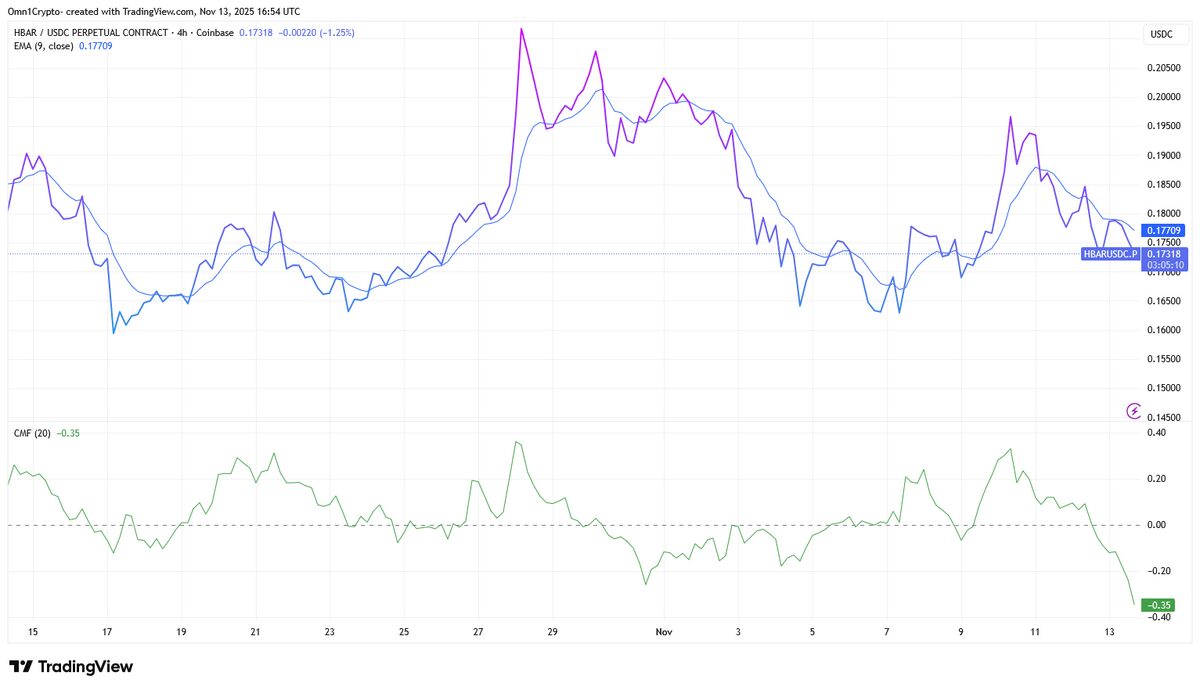PENGU USDT Sell Alert and What It Means for Stablecoin Reliability
- Q3 2025 DeFi stablecoin crises exposed fragility of algorithmic models like PENGU USDT amid liquidity shortages and smart contract failures. - PENGU USDT's hybrid collateral framework - blending overcollateralized assets with volatile yield strategies - amplified instability during market stress. - Automated sell signals triggered by interest rate hikes and cross-chain migrations exacerbated depegging, revealing systemic risks in interconnected DeFi protocols. - The collapse highlights urgent need for di
The Collateral Framework and Algorithmic Risks
PENGU USDT’s value stability relies on the structure of its collateral,
The Balancer hack and the downfall of

Sell Signal Triggers and Market Dynamics
The mechanisms that trigger sell signals for PENGU USDT are
Algorithmic stablecoins such as PENGU USDT are especially exposed to these pressures because their sell signals are typically automated. When redemption limits are exceeded, smart contracts trigger liquidations or minting to restore the peg. Yet,
Implications for Stablecoin Stability
The experience of PENGU USDT points to a larger concern: the trustworthiness of algorithmic stablecoins is closely tied to how transparent and diversified their collateral is. Relying too much on synthetic or volatile assets can give a misleading sense of safety,
Additionally, the events of Q3 2025 highlight the importance of regulatory oversight. While DeFi values decentralization, the interconnectedness of its protocols makes some form of supervision necessary to contain systemic risk. Investors should also carefully evaluate the collateral and risk controls of stablecoins before committing funds.
Conclusion
PENGU USDT’s difficulties in Q3 2025 encapsulate the broader issues confronting algorithmic stablecoins. As DeFi continues to develop, the boundary between progress and instability becomes increasingly blurred. For PENGU USDT and similar tokens to rebuild trust, they must address liquidity weaknesses, broaden their collateral base, and adopt strong governance structures. Until these steps are taken, sell signals triggered by systemic threats will continue to challenge the stability of stablecoins.
Disclaimer: The content of this article solely reflects the author's opinion and does not represent the platform in any capacity. This article is not intended to serve as a reference for making investment decisions.
You may also like
ALGO Drops 5.28% in 24 Hours Following Passkey Breakthrough and Market Volatility
- Algorand's ALGO token fell -5.28% in 24 hours on Nov 13, 2025, amid broader crypto market volatility and macroeconomic concerns. - The Algorand Foundation launched Liquid Auth, a decentralized passkey manager integrated with Pera Wallet, promoting self-custody and privacy in Web3 identity management. - Despite technological innovation, ALGO's multi-timeframe declines (-51.24% in 1 year) highlight liquidity risks and bearish momentum as traders react to market conditions. - Technical analysis shows ALGO b
Bitcoin Updates: Jack Dorsey's Ambitious Bitcoin Plans Met with Doubt Amid Block's Declining Profits
- Block's Square platform enables 4M+ merchants to accept Bitcoin via Lightning Network with zero fees until 2027, aiming to normalize crypto payments. - Dorsey's Bitcoin strategy includes BitKey wallets and Cash App integration, but Q3 earnings fell short, prompting a 11% stock drop and revised price targets. - Competitors like Exodus pivot to stablecoin payments (e.g., Grateful acquisition), while regulators debate $20K stablecoin transaction caps. - Despite Bitcoin's 1.7% 24-hour surge, 80% of users dou

HBAR Dips On Grayscale ETF Delay: Can Canary Swoop In?

Airdrop Combines Equities and Internet Memes to Draw in Individual Investors
- Datavault AI (DVLT) and Scilex (SCLX) will airdrop Dream Bowl 2026 meme coins to shareholders on December 8, aiming to attract retail investors through stock-meme fusion. - The one-meme-per-share distribution triggered a 4.91% pre-market stock surge for DVLT , while short sellers face mandatory meme coin delivery obligations post-November 24 ex-dividend date. - The initiative builds on a $150M Bitcoin partnership with Scilex, leveraging blockchain trends and aligning with broader market optimism for cryp